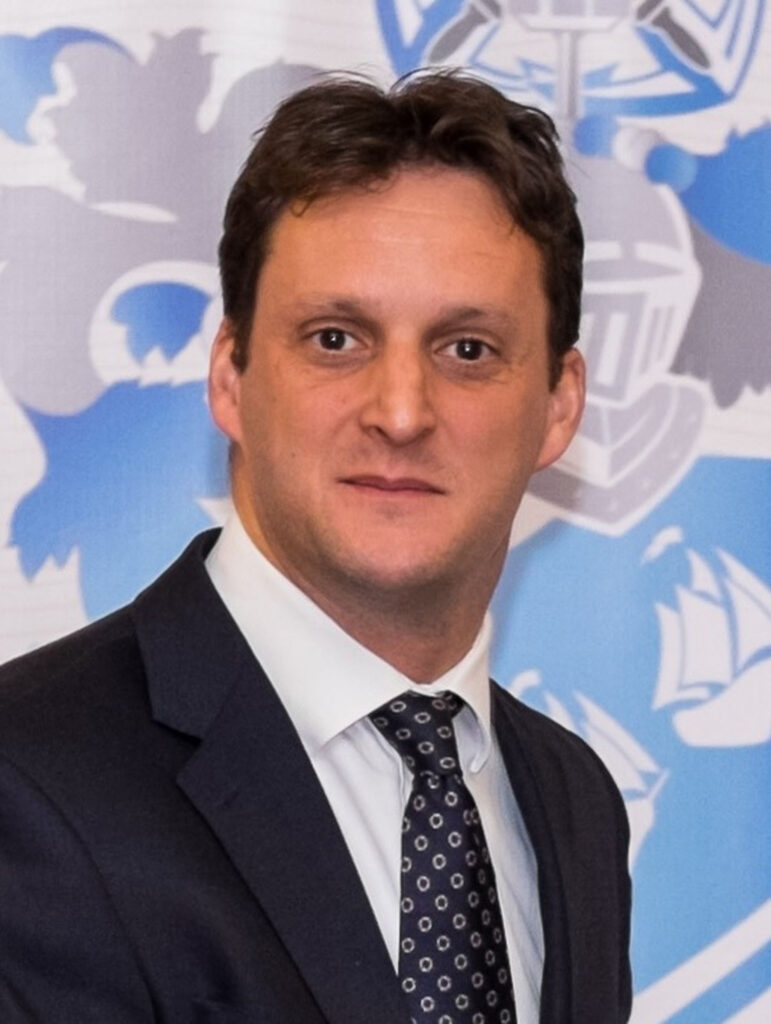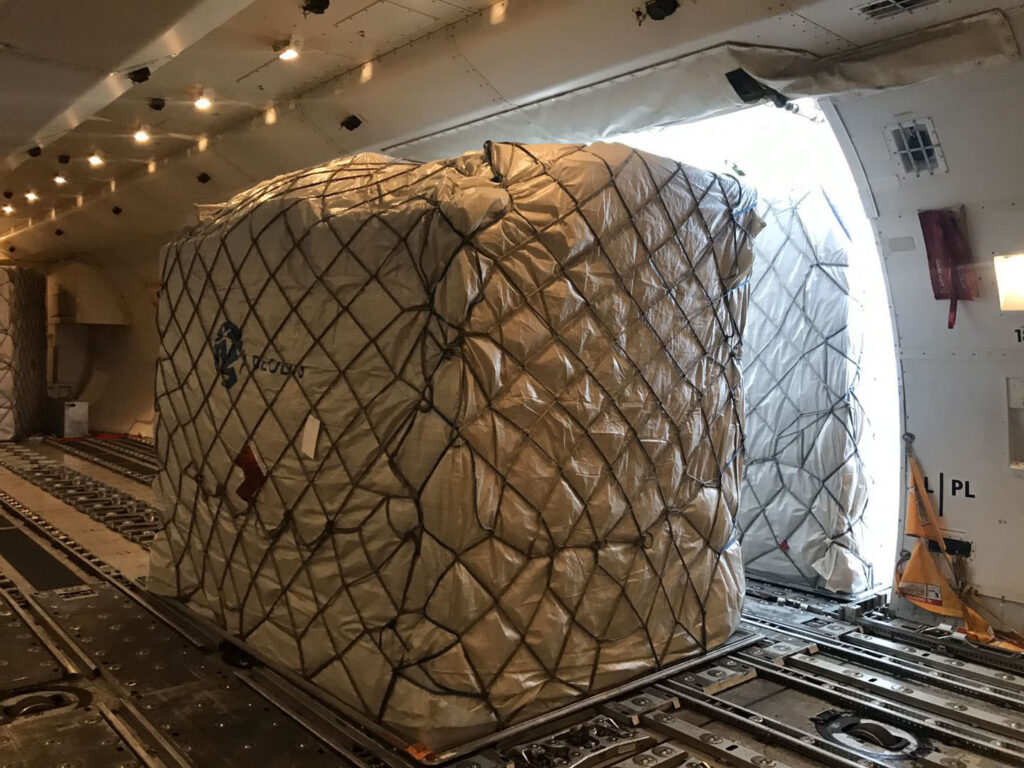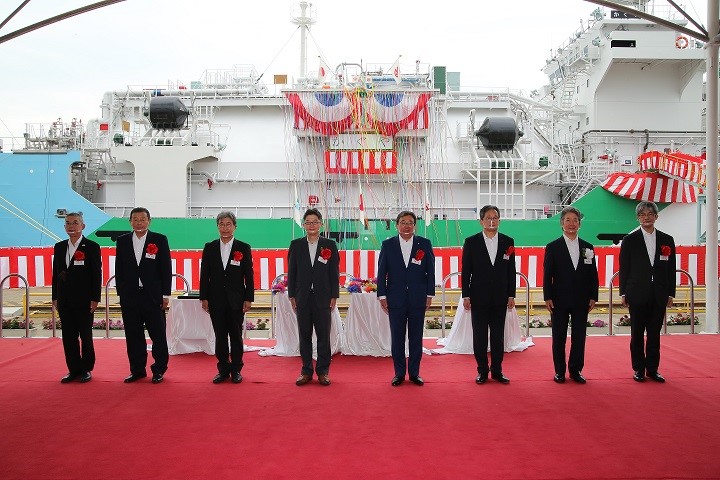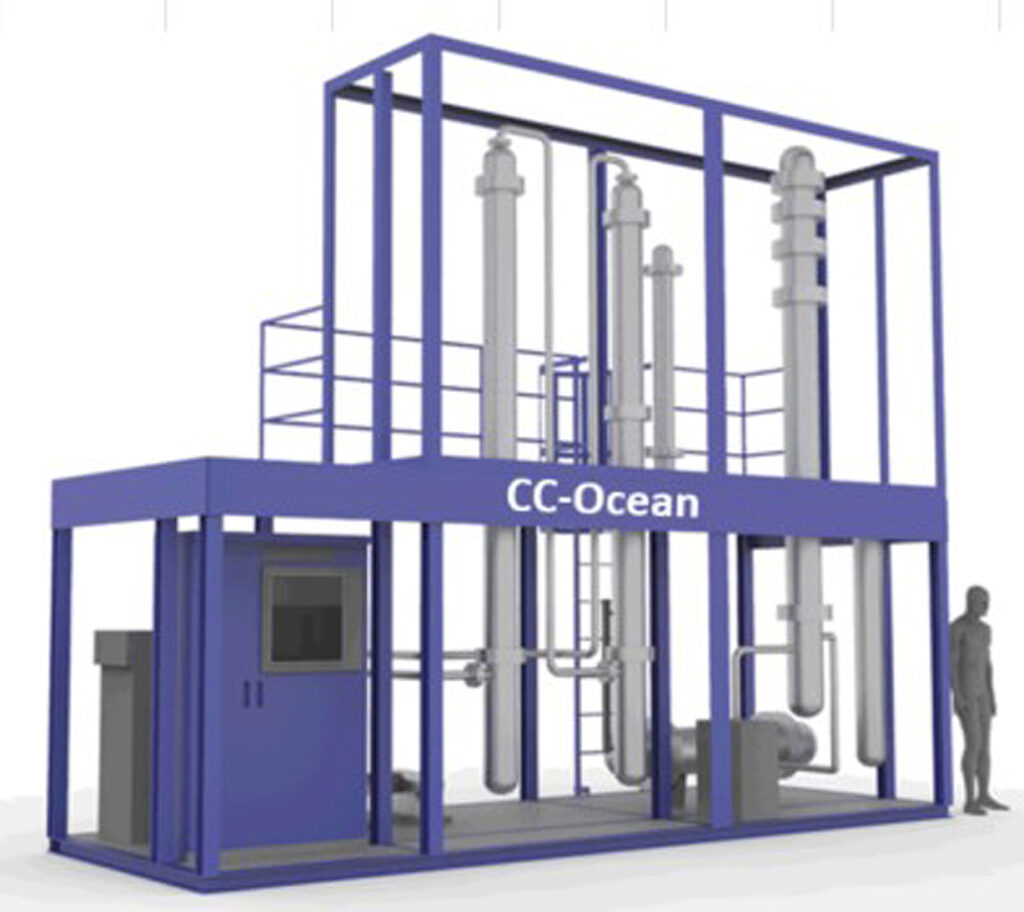TT Club has appointed Abdul Fahl to take up the role of TTMS (Gulf) Director. The move follows the return to London from Dubai of Julien Horn who will continue in the position of Portfolio Underwriter for the Middle East, Eastern Med and African region and reiterates the TT’s long-standing commitment to provide insurance solutions and unique support for its regional Membership and brokers.
Dubai & London, 30th September, 2020
The TT Club is committed to its Middle East and African Membership and is looking to build upon the successful growth and enhanced local service achieved by Julien Horn during his time in Dubai. Recognising the importance of a local contact and real-time assistance for its growing customer base in these regions, TT has announced the executive appointment of Abdul Fahl.

After six and a half years with TTMS(Gulf), the transport and logistics specialist’s well-established joint venture Network Partner in Dubai, Julien Horn has returned to TT’s headquarters in London to continue in his role as Portfolio Senior Underwriter, and leader of his underwriting team. Julien will be focused on ensuring Members continue to receive the highest level of quality and bespoke underwriting service across the Middle East, Eastern Mediterranean and African regions.
In announcing the move Mark Argentieri, TT Club’s Regional Director, EMEA said, “Julien has done a great job increasing TT’s presence in the region and providing on-the-spot support to our local Membership. He has strengthened relationships with not only our Members, but also brokers and local stakeholders, his success has led directly to an increase in our Membership in the region. As Julien returns to London to continue his underwriting duties, our team there will benefit hugely from his ‘on the ground’ experience. His presence alongside his underwriters, will undoubtedly bring benefits to our goal of enhancing our tailored service.”

Abdul Fahl has now taken over from Julien as TTMS (Gulf) Director in Dubai. Abdul brings a wealth of diverse experience in both claims and legal affairs. In addition to filling the roles of Claims Executive and Senior Claims Executive during his seven and a half year career at TT Club in London, Abdul has worked within the industry for a number of years at a major shipping line. Abdul has a master degree in maritime law and speaks Arabic, skills which we are confident will add further benefit to the region’s Members. Abdul will be spearheading the development of TT’s regional growth, while continuing the focus on local bespoke services to our existing Members and their brokers in the region.
Abdul’s past contributions to TT service have been many and varied; his claims handling, business development and extensive loss prevention work through seminars and more recently webinars have benefited both Members and the wider industry. In his new position Abdul will drive forward a number of local initiatives in support of TT’s mission to make the transport and logistics industry safer and more secure.
“It is fantastic to have Abdul ready and able to step in to build upon Julien’s great work in the region” said Argentieri. “His presence in Dubai, will assure Members of our continued drive for the very best standard of service for which TT has become rightly known. In his new position, Abdul will be adept at introducing new ways to deliver added value and local service through vital local two-way communication to an expanding regional Membership.”
About TT Club
TT Club is the established market-leading independent provider of mutual insurance and related risk management services to the international transport and logistics industry. TT Club’s primary objective is to help make the industry safer and more secure. Founded in 1968, the Club has more than 1100 Members, spanning container owners and operators, ports and terminals, and logistics companies, working across maritime, road, rail, and air. TT Club is renowned for its high-quality service, in-depth industry knowledge and enduring Member loyalty. It retains more than 93% of its Members with a third of its entire membership having chosen to insure with the Club for 20 years or more.











